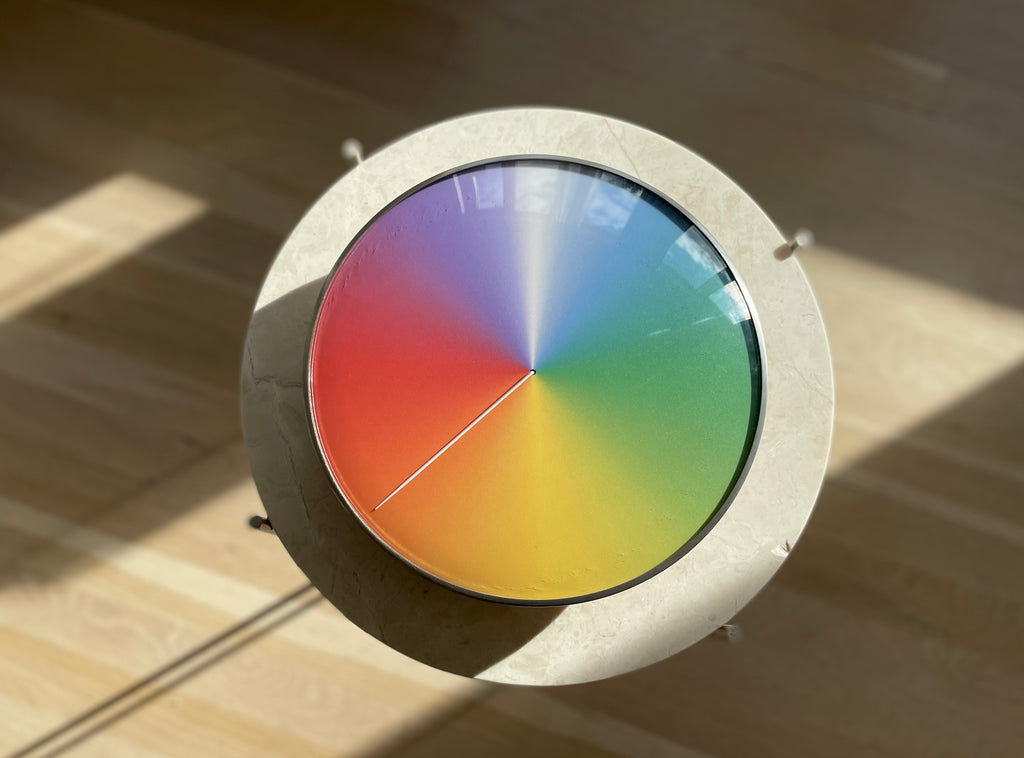-
Why do people feel constantly rushed and stressed?
- Because they feel like there's not enough time in the day to do everything.
- Because they feel like there's not enough time in the day to do everything.
-
Why do they feel there's not enough time?
- Because they're stuck in a mindset that time is scarce and slipping away, measured by traditional clocks and calendars.
- Because they're stuck in a mindset that time is scarce and slipping away, measured by traditional clocks and calendars.
-
Why are they stuck in this mindset?
- Because society's traditional timekeeping systems emphasize precision and rigidity over human experience and well-being.
- Because society's traditional timekeeping systems emphasize precision and rigidity over human experience and well-being.
-
Why do traditional timekeeping systems have this emphasis?
- Because they were designed for industrial efficiency, not for enriching the human experience or aiding mental well-being.
- Because they were designed for industrial efficiency, not for enriching the human experience or aiding mental well-being.
-
Why haven't these systems evolved to be more human-centric?
- Because there's been no widespread movement or solution to challenge and change these deeply ingrained conventions around time.
Why Does The Present Exist?
In a world obsessed with productivity and 'time management,' we've lost touch with the more philosophical, emotional, and spiritual dimensions of time. We're constantly running, constantly anxious, constantly measuring our worth in hours and minutes. The Present was created as a counterpoint to this madness, offering a series of timepieces that allow you to reclaim your time and your life.
The experience is akin to a shift in perspective—looking at a mountain range instead of staring at a single rock.
The value here isn't just aesthetic; it's profoundly emotional and psychological. By changing the way you interact with time, The Present seeks to enrich your life, offering you a more nuanced, fulfilling, and humane experience of your days, your months, and your years.
In summary, The Present is not a gadget; it's a movement towards a better way of life. It offers an experience that many have described as transformative, pulling them out of the rut of chronological fixation and into a more expansive, more harmonious relationship with time, and life.



Leave a comment: